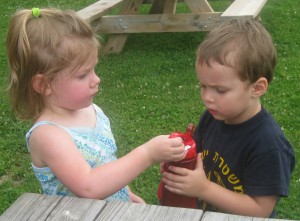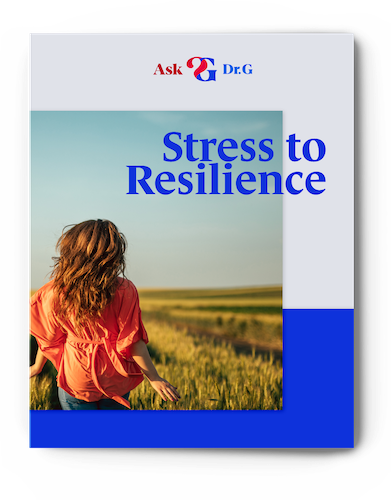 My son who will be 5 in Nov, has recently started at home and at preschool saying “if you don’t (blank) then I am not going to be your friend”. This has happened several times now and I am worried. The teachers say it is affecting his relationships with the other kids. At home we have not seen it to be an issue, we will tell that is not nice to say and we move on and so does he, he is go back to playing with his friends. How do I help him understand that he can’t always be the “boss”, it not always going to be his way and needs to work/ take turns with friends?
My son who will be 5 in Nov, has recently started at home and at preschool saying “if you don’t (blank) then I am not going to be your friend”. This has happened several times now and I am worried. The teachers say it is affecting his relationships with the other kids. At home we have not seen it to be an issue, we will tell that is not nice to say and we move on and so does he, he is go back to playing with his friends. How do I help him understand that he can’t always be the “boss”, it not always going to be his way and needs to work/ take turns with friends?
Anonymous, in IL
Your son is behaving in a totally normal way, developmentally. As I’ve said about other topics, though, that doesn’t make what he’s doing a good thing! Three things are going to convince him that “You have to do what I say or else…” is not a good plan.
- Repetition from the adults in his life that this is bullying behavior and that he’s not allowed to threaten people to get what he wants.
- Natural consequences. If he doesn’t stop doing this, someone will say to him “Fine, I won’t be your friend.” If that child sticks to his guns, your son will learn that our words have consequences!
- A better plan.
However often we try to control our kids’ friendship behaviors, they will do whatever works best to get what they want. Right now your son can’t think of other ways to get a child to agree to his game or idea so he is using threats. At home you’re able to make that a distasteful option for him – by expressing disapproval. When he is not with you, he doesn’t have to worry about that.
It’s time for a brainstorming session, with your child!
Ask him how kids decide on games or rules together. If he doesn’t know, read some books he likes or watch a little TV with this in mind. When you spot kids negotiating, point it out. Keep a list together and add to it each time you see a positive example of problem-solving by two or more kids.
For a preschooler, make a Solutions Book. Take several pieces of construction paper, and write a conflict solution at the top of each page. Ask him to draw a picture of that method on the page. It doesn’t have to be a picture that makes sense to you, as long as he can explain it. Then you can read the book together and he can explain the solutions.
If his teacher is willing, see if she would let him bring the book into school to share!
Kids are very practical. They do what works, and what gets them positive reinforcement from the adults they care about. A Solutions Book will help him learn to be kind, and be a great problem-solver!
Parents, how have you convinced your kids to be kind to their friends?



